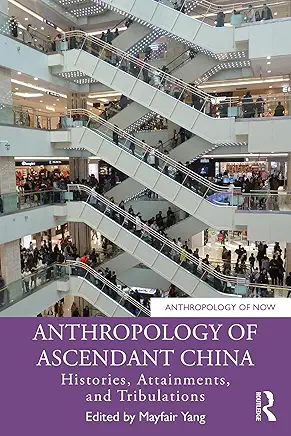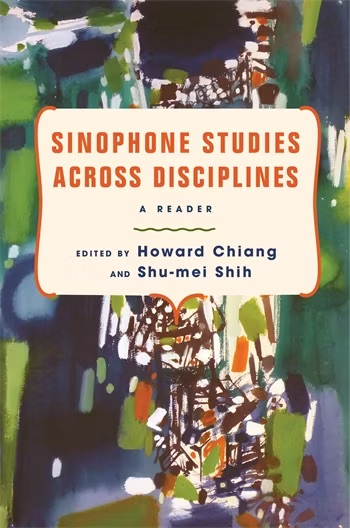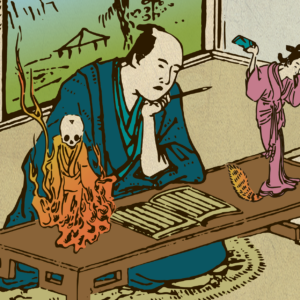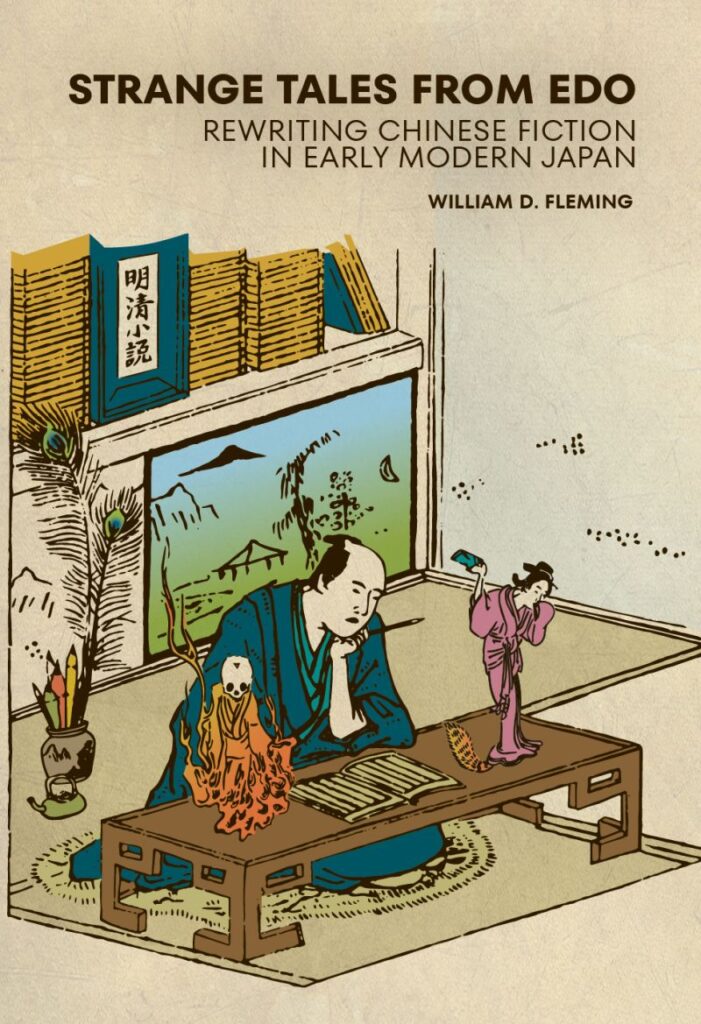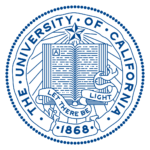
Prof. Howard Chiang, the Lai Ho & Wu Cho-liu Endowed Chair in Taiwan Studies, has a new book out—Sinophone Studies across Disciplines: A Reader, edited with Shu-mei Shih, from Columbia University Press. Congratulations!
Description
Sinophone studies—the study of Sinitic-language cultures and communities around the world—has become increasingly interdisciplinary over the past decade. Today, it spans not only literary studies and cinema studies but also history, anthropology, musicology, linguistics, art history, and dance. More and more, it is in conversation with fields such as postcolonial studies, settler-colonial studies, migration studies, ethnic studies, queer studies, and area studies.
This reader presents the latest and most cutting-edge work in Sinophone studies, bringing together both senior and emerging scholars to highlight the interdisciplinary reach and significance of this vital field. It argues that Sinophone studies has developed a distinctive conceptualization of power at the convergence of different intellectual traditions, offering new approaches to questions of plurality, hierarchy, oppression, and resistance. In so doing, this book shows, Sinophone studies has provided valuable conceptual tools for the study of minoritized and racialized communities in diverse global settings. Essays also consider how the rise of China has affected Sinophone communities and the idea of Chineseness around the world, among other timely topics. Showcasing cross-fertilization and diversification that traverse and transcend conventional scholarly boundaries, Sinophone Studies Across Disciplines gives readers an unparalleled survey of the past, present, and future of this inherently interdisciplinary field.
Table of Contents
Introduction: Sinophone Studies Across Disciplines, by Howard Chiang and Shu-mei Shih
Part I: Interdisciplinary Conjunctions
1. The Question of Chinese Empire, by Shu-mei Shih
2. Stonewall Aside: When Queer Theory Meets Sinophone Studies, by Howard Chiang
3. Written Out: Dance and the Sinophone, by Emily Wilcox
4. Cantonese Opera and Sino-Soundscape in North America, by Nancy Yunhwa Rao
5. Ann Hui, Hainan, and the Sino-Vietnamese War: A Sinophone Inter-Asian Recasting of Boat People’s Transpacific Refugee Critique, by Brian Bernards
6. Sinophone Affects: Kyle Dargan’s Anagnorisis and the Poetics of Infrastructure in Chan Tze Woon’s Yellowing, by Lily Wong
Part II: Theories, Methodologies, Controversies
7. Geocritical Sinophone and Transgressive Community, by Yinde Zhang
8. Sinophone Postloyalism, by David Der-wei Wang
9. Parasite: Conceptualizing a Sinophone Approach and Ethics, by E. K. Tan
10. Queer Hong Kong as a Sinophone Method, by Alvin K. Wong
11. Enjoy Your Sinophone!, by Chien-heng Wu
12. The Lure of Diaspora and Sinophone Malaysian Literature in Taiwan, by Wai-Siam Hee
13. Conditions of Theory in Taiwan: Americanism and Settler Colonialism, by Shu-mei Shih
Part III: Places of Differentiation
14. Chinese Settler Colonialism: Empire and Life in the Tibetan Borderlands, by Carole McGranahan
15. Beyond Musical, Political, and Linguistic Boundaries: The Influence of the Hong Kong Rock Band Beyond in the PRC in the 1990s and Its Legacy, by Nathanel Amar
16. Translanguaging as a Transcultural Marker in the Italian Sinophone Play Tong Men-g, by Valentina Pedone
17. From Multilingualism to Mandarin: Chinese Singaporeans as a Sinophone Community, 1945–1990, by Jason Lim
18. Adaptation and Identity Building Among the Ethnic Chinese Communities in Vietnam: A View from Ritual Transformation in Popular Religion, by Tho Ngoc Nguyen
19. The Misconstrued Reader: Contemporary Sinophone Literature in Thailand, by Rebecca Ehrenwirth
Contributors
Index
